Close search
 Published :
/
Published :
/ Posted by : Retech
Posted by : RetechFallopian tube infection is a common disease in laying hens and breeders. The cause of the disease is complex and although the impact of the disease on the flock is not great, the frequency of incidence is relatively high.
According to statistics, oviductitis ranks 4th among environmental condition diseases and the losses caused to egg or breeder breeding cannot be ignored.
Good reproductive tract health care and prevention of oviductitis in laying hens is the norm for egg and breeder breeding friends.
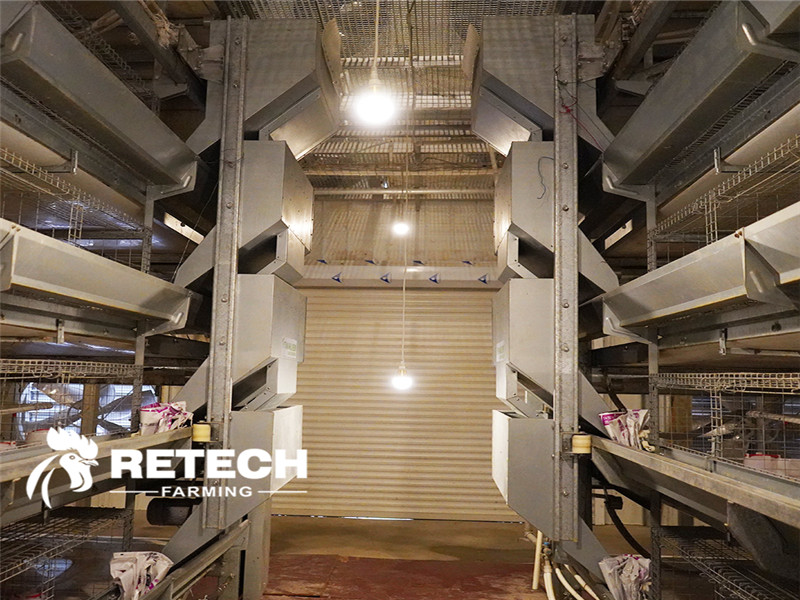
Causes of oviductitis in laying hens.
1. The chicken house hygiene conditions are too poor, the cloaca is contaminated by bacteria and invade the oviduct, such as Salmonella dysentery, S. paratyphi, E. coli, etc.
2. Feed formula should be reasonable, the pursuit of egg weight, such as feeding too much animal feed, egg weight is too large or laying more double-yolked eggs, resulting in an increase in the proportion of difficult to lay and damage to the oviduct.
3. Lack of vitamins A, D and E in the feed can lead to oviductitis.
4. Stress factors: Hens are very sensitive to changes in the environment. If the chickens encounter chicken scratching, immunization, change of feed, water stoppage, and the entry of strangers into the henhouse, abnormal sound and color, etc., they can cause panic and stress, resulting in egg retention or difficult laying, thus causing oviductitis.
5. Various diseases, such as transmissible branch, Newcastle disease, egg-laying decline syndrome, Escherichia coli and Salmonella, cause inflammation of the oviduct, so it is necessary to do a good job of disease prevention.
6. Severe overload of total bacteria in the water line, or overload of E. coli, severe overload of mycotoxins in feed, and frequent coccidia in contact with chickens and manure are the main causes of recurrent diarrhea. Long-term or repeated infections of the digestive tract cause cloacal infections, which can lead to oviductitis.
7. Mechanical damage and contamination in the process of artificial sperm transfusion in breeders.
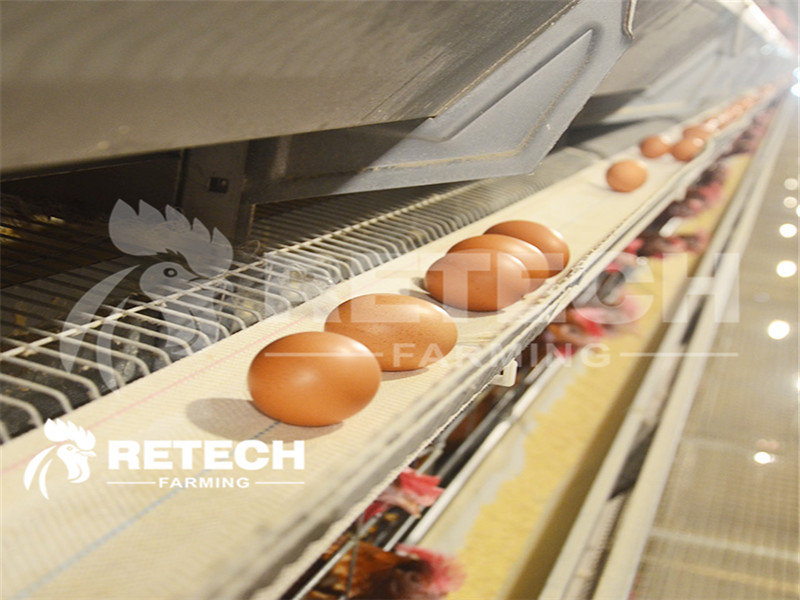
How to prevent?
1. The most important measure to prevent and control oviductitis in hens is to improve the hygiene of the chicken house. Especially in the cold season, the exhaust volume of the chicken coop becomes smaller and dust is easily deposited on cages, egg nets and beams. Farmers should make it a habit to clean out the dust every day. At present, some farms use dust-absorbing equipment, which is better to use.
2. Rregular disinfection of the chicken coop to reduce the content of pathogenic microorganisms in the coop is an effective way to prevent tuberculosis.
3. Give chickens clean and hygienic water. According to the actual situation, regular flushing and disinfection of the water line (in general, once every 15 days and once every 30 days) to prevent the excess of microorganisms in the drinking water is the main measure of digestive tract health. A healthy digestive tract can greatly reduce the morbidity of the fallopian tube.
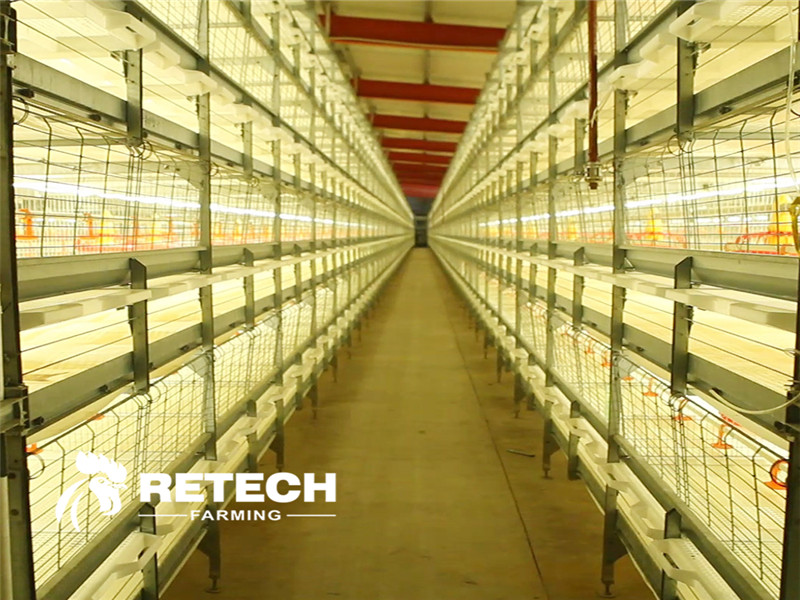
4. Rationalize the diet, follow the physiological rules of chickens, do not over pursue the egg size, otherwise it will easily cause an increase in difficult chickens and trigger oviductitis.
5. Prevent feed mold and mildew, pay attention to the excess of mycotoxins in feed materials, and add mold remover to feed if necessary.
6. Caged chickens must ensure thorough isolation of chickens and manure to eliminate the occurrence of coccidiosis.
7. Do a good job in the prevention and control of influenza, transmissible branch, Newcastle disease and other immune control diseases.
8. Prevent the superposition of stress, especially the superposition of start-up stress and other stresses. In case of stress, you can supplement liquid multivitamin or Vc to relieve it.
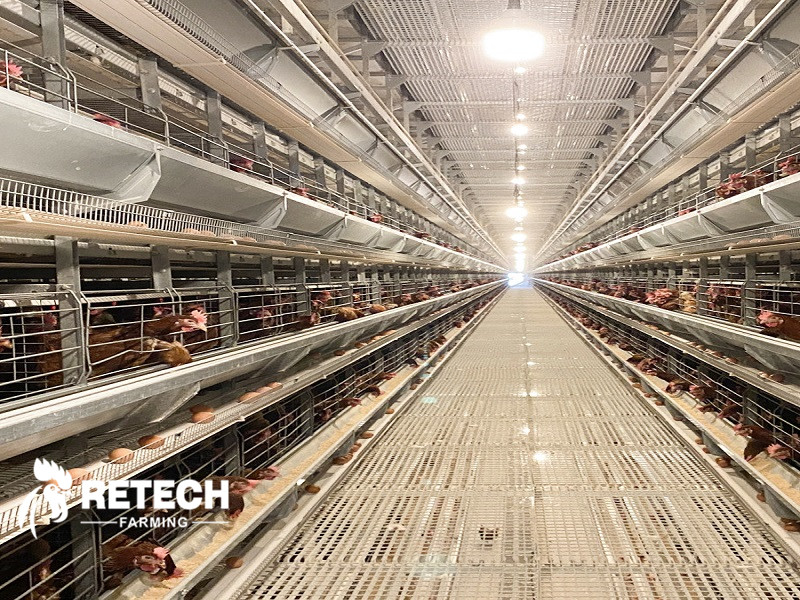
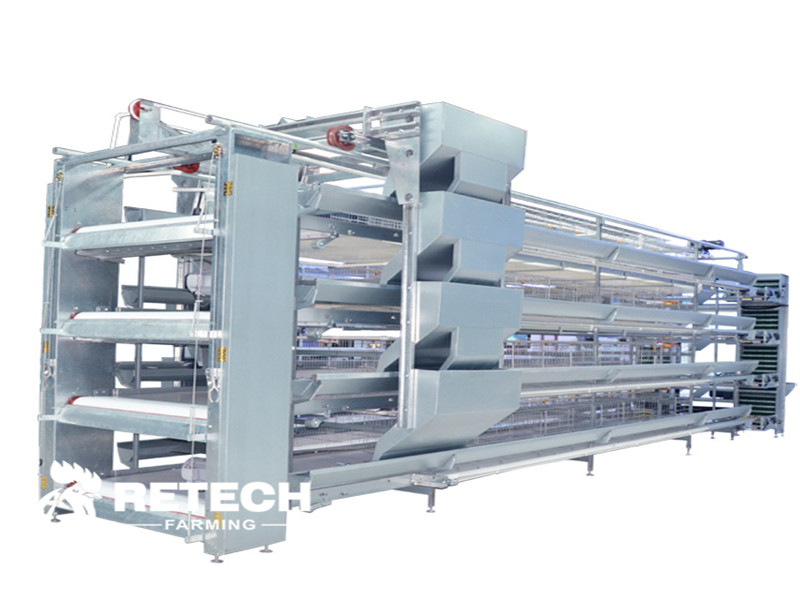
Ovarian inflammation in hens not only causes a decrease in egg production rate, but also causes poor egg shell quality, which affects the sales price of commercial eggs.